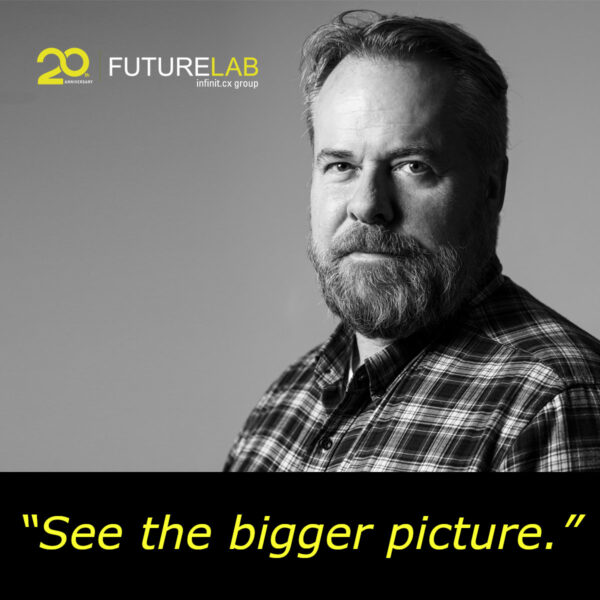In the UK this morning many commuters would have read a piece in The Metro about whether Pinterest is the next Facebook. This is not the first article or blog post about this, and I fear that it will not be the last. The short answer to this is ‘no’. And the longer answer is ‘no, because they are fundamentally different, non-competitive things’.
But the fact that the question is asked and written about is a reminder that there is still a misconception that ‘social media’ is a single type of thing rather than a set of different, often complementary tools.
Pinterest is certainly the latest social platform that people are talking about. There’s a range of great statistics on DesignTAXI and there has been a lot of coverage about how they monetise your content. The concept is very simple – a social tool that lets you gather and share images, and sort them into collections. It offers something that really wasn’t that easy to do before online – although like many social tools it mirrors an existing offline behaviour (putting things on pinboards or in scrapbooks).
There is very little in this description that is like Facebook at all. In fact it offers a tool that is not really part of Facebook’s repertoire – in fact can you imagine creating these collections in such a simple easy way on Facebook? That’s partly why Pinterest is getting such early success (and why I expect it to continue growing). Not because it is competing with Facebook (or becoming ‘the next Facebook’). But because it offers something new and different to what was previously available in Facebook or across any other social tools.
The fact that people compare the two highlights that many consider social media tools to essentially be doing the same thing (they’re where people ‘do social media’). So if a new one comes along it must threaten the existence of the previous tools. This is a fundamentally flawed understanding.
- Different tools do different things and we use them in different ways – Facebook is a collection of tools (a photo sharing tool, an event planning tool, a status updating tool…to name but a few). When a new tool comes along it probably adds to the mix of things we can do rather than competing directly. We all know that there are some things Twitter, or Facebook, or YouTube (or any tool) just isn’t suited for and so a gap that could be filled.
- Our total mass of ‘doing social media’ has not peaked – If a new tool comes along it does not have to take a share of our ‘social media time’. We have not yet reached saturation, and indeed we may never as new tools will help us do other things differently or more efficiently. For any new tools to be a ‘Facebook killer’ suggests that it is going to compete for our time or attention that would previously have been dedicated to Facebook. As new tools come along that offer new things for us to do, or solve new problems, we will find time for them.
- Our use of social tools is still maturing – Facebook is a collection of social tools, some people use all of them and others just a few. As we get used to sharing, interacting and engaging in different ways (and as the tools available catch up with how we behave anyway) we will change how we use the tools we have already signed-up for and the new ones. Maybe we’ll chat less on Facebook if we use Twitter for that, or maybe we’ll share photos more on Pinterest than we did on Facebook. Many of these decisions will be very personal and how we use these tools will be individual to each of us, the decisions we make and the people we connect with.
Pinterest, like many new social tools, is different to ones that have come before, and offers new ways of doing things. This is why it is successful and why it will continue to be so. It is not necessarily a threat to existing platforms and tools as it adds to the range of things that people can and will do online rather than competing with them. It will grow in a different way to Facebook and that is a good thing – it will have different growth strategies, the community will shape and change it to fit how they use the tool, and the monetisation model will drive different behaviours.
In fact if Pinterest were to become a Facebook it would probably be less successful as it would be trying to be something that it just isn’t at all like. Of course, there is probably one way that Pinterest probably would and should want to be like Facebook – a successful business that can command a huge value at IPO. That’s sadly not the comparison most of these pieces are making but is no doubt one that the people behind Pinterest would be happy with.





Original Post: http://www.freshnetworks.com/blog/2012/02/why-pinterest-is-the-next-facebook-is-just-a-silly-thing-to-say/